Divorce is a tough experience for everyone involved, but it can be especially hard on kids. Even years later, certain memories and feelings can stick with you. Here are some things kids whose parents split when they were young will always remember, no matter how much time passes.
1. The moment they found out about the divorce
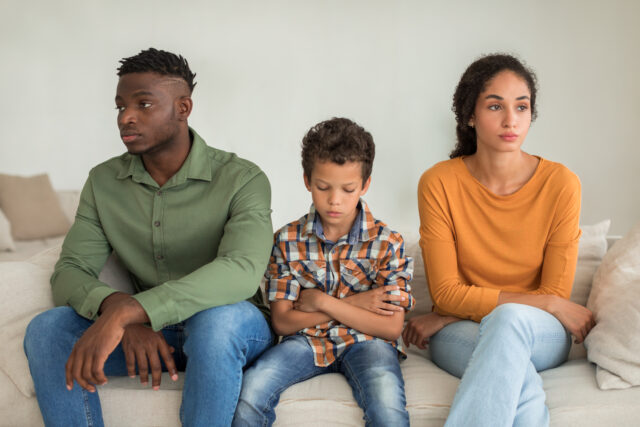
It’s like a snapshot in time that’s frozen in their memory. Maybe it was a whispered conversation they weren’t supposed to overhear but did, an emotional family meeting, or a tearful confession from one of their parents. The initial shock and confusion of that moment can leave a lasting imprint, even if they don’t fully understand the reasons behind the decision. It’s a sudden realization that their world is changing, and that change can be scary and overwhelming.
2. The feeling of being caught in the middle
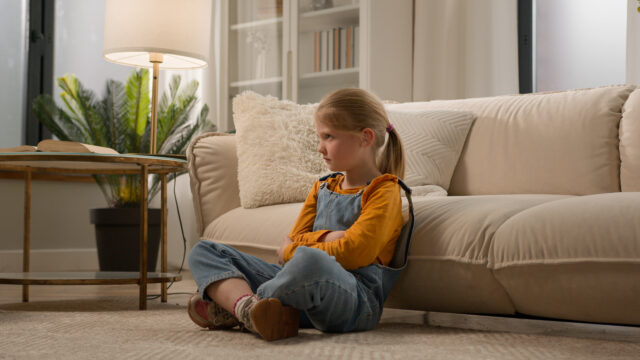
Children of divorce often feel torn between their parents, Psychology Today explains, unsure of where their loyalties lie or how to navigate the shifting family dynamics. They might feel pressure to take sides, or they might try to remain neutral to avoid upsetting either parent. This feeling of being caught in the middle can be incredibly stressful and emotionally draining. It can lead to feelings of guilt, anxiety, and a sense of responsibility for their parents’ happiness.
3. The constant back and forth between two households
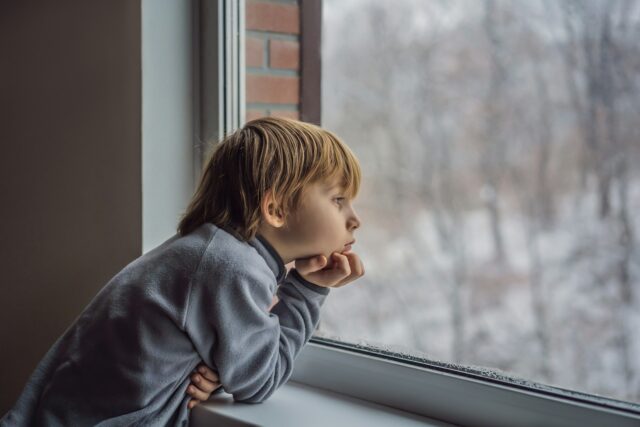 Source: Unsplash
Source: Unsplash Moving between two houses/flats, packing and unpacking bags, and adjusting to different rules and routines can all feel chaotic and disorienting. Kids are bound to miss the familiar comforts of their old home, struggle to feel settled in either place, or feel a sense of loss and displacement. This constant shuffling can be disruptive to their sense of stability and routine, making it difficult to feel grounded and secure.
4. The awkwardness of holidays and special occasions
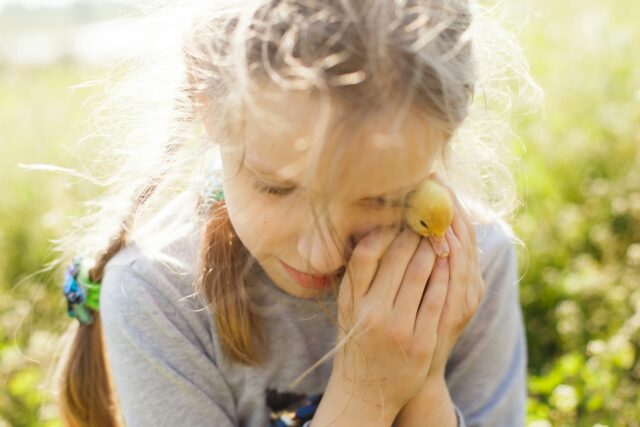 Source: Unsplash
Source: Unsplash Holidays and special occasions can become a source of stress and anxiety for children of divorce. Trying to split time between two families, navigating competing schedules, or feeling obligated to celebrate multiple times can be overwhelming. Children might worry about disappointing one parent by spending time with the other, or they might feel a sense of loss and sadness as they compare their current celebrations to the way things used to be.
5. The changes in their relationships with their parents
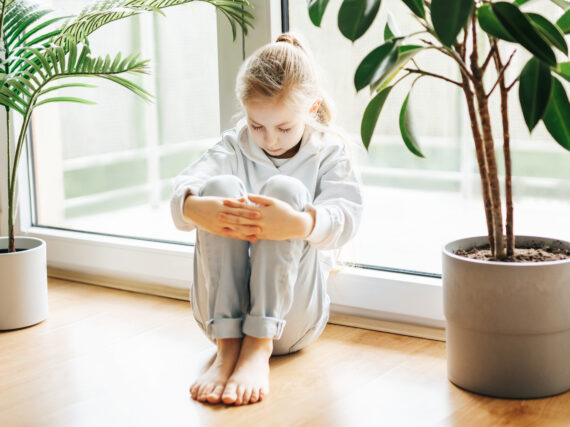
Divorce can fundamentally change the dynamics between children and their parents. Children might see a different side of their parents, as they navigate their own emotions and struggles. They might witness arguments, hear hurtful things said, or feel like they have to take on more adult responsibilities. These changes can be confusing and emotionally challenging, as children grapple with their new reality and try to maintain healthy relationships with both parents.
6. The feeling of missing out on a “normal” family life
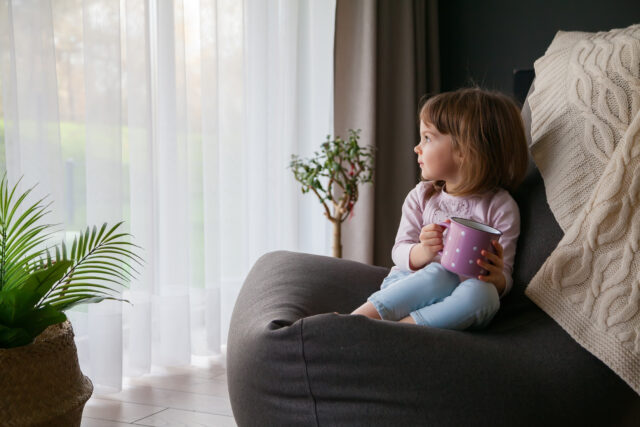
Children of divorce might feel like they’re missing out on the traditional family experience they see depicted in movies and TV shows. They might long for the simple things, like having both parents at school events or going on family vacations together. This feeling of missing out can lead to feelings of isolation, envy, and sadness. It’s important for children to understand that there’s no one-size-fits-all definition of family, and that their unique experiences are valid and valuable.
7. The fear that their own relationships will fail
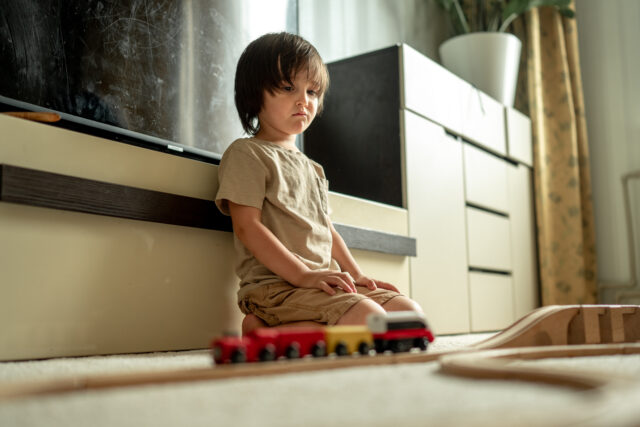
Witnessing their parents’ divorce can make children worry that their own relationships are doomed to fail. They might become cynical about love or marriage, or they might struggle to form lasting bonds with people. This fear can be a self-fulfilling prophecy, as it can lead to insecurity, anxiety, and self-sabotaging behaviours. Kids need to understand that their parents’ divorce doesn’t define their own romantic future, and that healthy, fulfilling relationships are possible with the right support and guidance.
8. The resilience and strength they developed through the experience
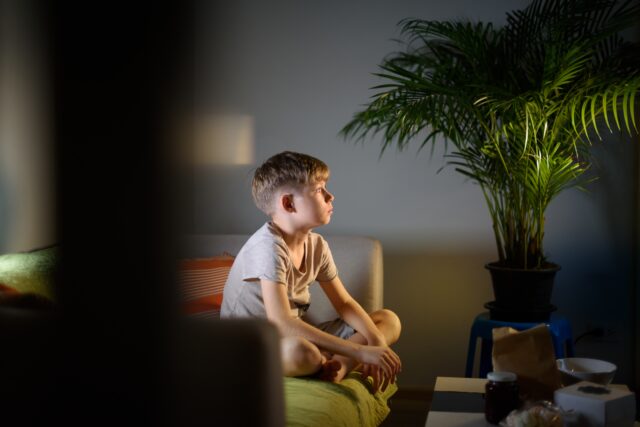
While divorce is undoubtedly a challenging experience, it can also encourage resilience, adaptability, and emotional maturity in children. They learn to cope with change, navigate complex emotions, and advocate for their own needs. They might develop a strong sense of independence, a greater appreciation for family, or a newfound empathy for people who have gone through similar experiences. These qualities can serve them well throughout their lives, helping them overcome future challenges and build stronger relationships.
9. The sound of their parents arguing

The raised voices, the slammed doors, the tense silences—these are sounds that can echo in a child’s memory long after the divorce is final. Even if they couldn’t understand the words or the context, the emotional intensity of those arguments can leave a lasting impact. It can create a sense of unease and anxiety, trigger memories of pain and conflict, and even influence their own communication styles and conflict resolution skills later in life.
10. The empty spaces in their home after one parent moved out
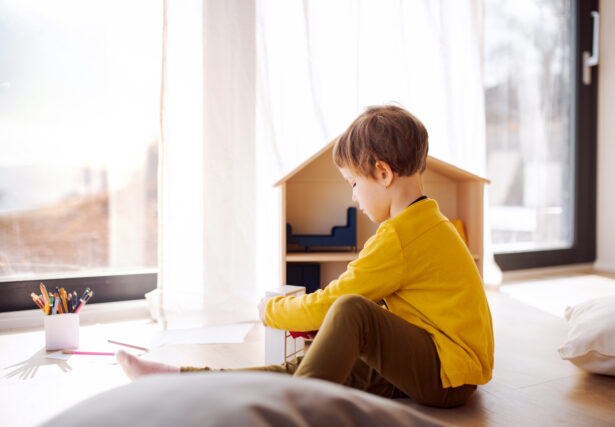
The sudden absence of a parent can be a stark reminder of the family’s brokenness. The empty bedroom, the unused toothbrush, the half-filled closet—these are physical manifestations of the emotional void left behind. Children might feel a sense of loss and grief as they navigate the new landscape of their home, trying to adjust to the absence of a loved one and the changes in their daily routines.
11. The awkwardness of introducing new partners to their parents
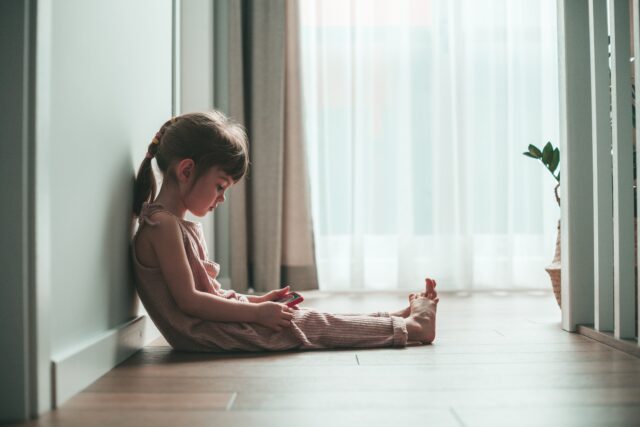
When parents start dating again, it can be a confusing and uncomfortable experience for children. They might feel a sense of loyalty to their other parent, worry about hurting their feelings, or struggle to accept the new person in their lives. Meeting a new partner can also trigger feelings of insecurity, jealousy, or a fear of being replaced. It’s important for parents to be sensitive to their children’s emotions and to introduce new partners gradually and with care.
12. The feeling of being different from their peers with “intact” families

Children of divorce might feel like they’re the odd ones out among their peers who have parents who are still together. They might feel a sense of shame or embarrassment about their family situation, or they might feel envious of their friends’ seemingly “normal” lives. This feeling of difference can lead to isolation, insecurity, and a fear of being judged. It’s important for children to connect with people who have experienced divorce, to realize they’re not alone and that their experiences are valid and shared by many.
13. The struggle to maintain relationships with extended family members
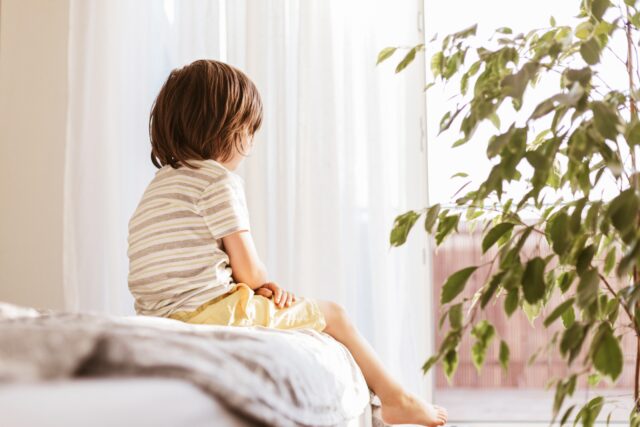
Divorce can create rifts within extended families, as loyalties are tested and relationships are strained. Children might feel caught in the middle, unsure of how to navigate the divided allegiances or the awkwardness that can arise at family gatherings. They might miss spending time with certain relatives or worry about the impact of the divorce on their relationships with grandparents, aunts, uncles, and cousins. It’s important for families to communicate openly and honestly with children about these changes and to support them in maintaining healthy relationships with extended family members.
14. The financial struggles that often accompany divorce
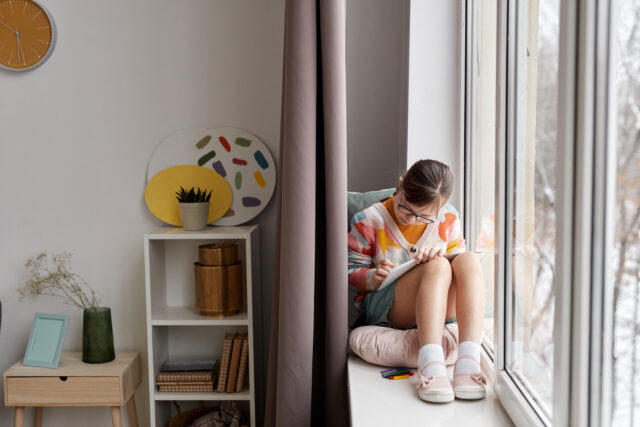
Divorce can take a toll on a family’s finances, leading to changes in lifestyle, housing, and educational opportunities. Children might have to move to a smaller home, give up certain activities or hobbies, or adjust to a tighter budget. These financial struggles can create stress and anxiety for children, as they worry about their family’s future and their own security. It’s important for parents to be transparent with their children about the financial implications of the divorce, and to reassure them that their basic needs will be met.
15. The emotional rollercoaster of adapting to a new normal
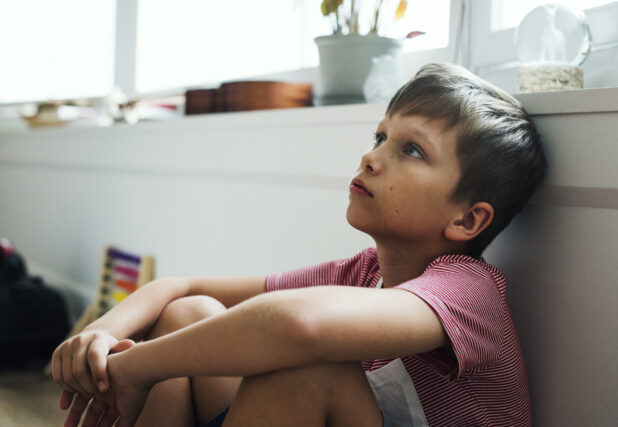
Divorce is a process, not an event. It takes time for children to adjust to the new family dynamics, routines, and relationships. They might experience a wide range of emotions, from anger and sadness to relief and acceptance. These emotions can fluctuate over time, creating an emotional rollercoaster that can be exhausting and confusing. It’s important for children to have a safe space to express their feelings, to receive support and guidance from trusted adults, and to understand that it’s okay to not be okay. Healing takes time, and it’s okay to grieve the loss of the family they once knew.
16. The realization that love doesn’t always last forever

For many children, their parents’ marriage is their first model of love and commitment. When that marriage ends, it can shatter their beliefs about love and relationships. They might question the validity of love, fear commitment, or struggle to trust people, the Institute for Family Studies explains. This realization can be a painful but necessary step in their emotional development. It’s important for children to understand that love can take many forms, that relationships can end, and that it’s possible to find love and happiness again. They can also learn valuable lessons about communication, compromise, and the importance of choosing partners wisely.




